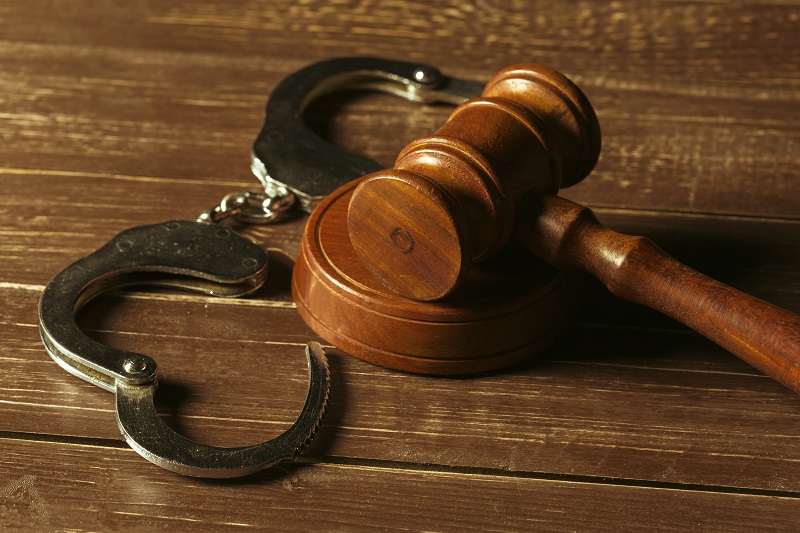An In-Depth Look at Criminal Liability in White Collar Crimes

White-collar crimes are a big concern in our modern world, and they often go unnoticed because they don't involve physical violence. These financially motivated crimes can harm individuals, businesses, and even entire economies. To make sense of how the law handles these crimes, it's important to understand the scopes of criminal liability – who can be held responsible for these offenses and under what conditions.
What Are White Collar Crimes?
Before we dive into the legal aspects, let's clarify what we mean by white-collar crimes. These are typically non-violent crimes that involve things like cheating, hiding the truth, or breaking the trust of others. They're usually committed by people or organizations in positions of trust or authority. White-collar crimes cover a wide range of activities, including fraud, stealing money, trading stocks unfairly, disguising the origins of money, and avoiding taxes.
Criminal Liability: A Complex Situation
Determining who's legally responsible for white-collar crimes can be a complicated process. It depends on a lot of factors, and the details can differ depending on where you are. Here, we'll explore some of the main factors that are commonly looked at when deciding if someone is legally responsible.
1. Intent and Knowledge
To say that someone or something is criminally liable for a white-collar crime, one of the most important things to consider is intent. Did the person or organization knowingly engage in the illegal activity with the goal of committing fraud or some other illegal act? Proving intent can be hard because it often means showing that the individual or organization had the necessary knowledge and understanding of what they were doing.
2. Mens Rea
"Mens rea" is a legal term that's very important in deciding criminal liability. It's about figuring out if the person meant to do something wrong. In white-collar crimes, showing mens rea is really important. The prosecution needs to prove that the accused person had a guilty state of mind when they committed the offense. This could be recklessness, where they didn't care about the consequences, or it could be that they purposely intended to do something bad. The level of mens rea required depends on the specific crime and where it happened.
3. Causation
Another big factor in criminal liability is causation. Did the alleged white collar crime directly cause harm to people, organizations, or society as a whole? Showing that there's a clear connection between what the perpetrator did and the harm that resulted is a key part of determining guilt.
4. Corporate Liability
When corporations are involved in white-collar crimes, we have to think about corporate criminal liability. This means that a corporation can be held responsible for the actions of its employees or agents, as long as the offense happened while they were doing their job and benefited the company. This concept raises questions about when the blame should be put on individuals and when it should be put on the company itself.
5. Legal Rules
White-collar crimes often happen in a world of rules and regulations, with different agencies and laws at play. Understanding the legal framework that covers these offenses is important for deciding who's responsible. In the United States, for instance, the Securities and Exchange Commission (SEC) enforces laws about securities, while the Internal Revenue Service (IRS) focuses on tax-related offenses. These agencies have different roles and powers, and dealing with all these complex rules can be tough.
The way criminal liability works in white-collar crimes is complex and involves things like intent, mens rea, causation, corporate responsibility, and legal rules. As society tries to deal with these non-violent but financially damaging crimes, the legal system has to adapt to hold wrongdoers accountable. It's important for individuals, businesses, and governments to work together to fight white-collar crimes, as understanding these details of criminal responsibility is crucial to make sure that justice is served and that we discourage people from committing these complicated and often hidden crimes. By taking a close look at the boundaries of criminal liability, we can hope to reduce the impact of these complex and sometimes hard-to-spot offenses on our society.